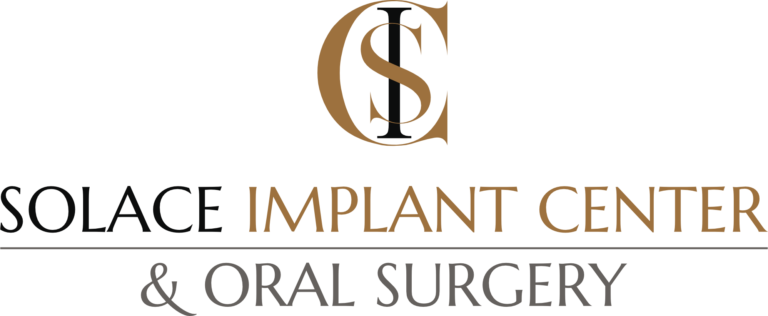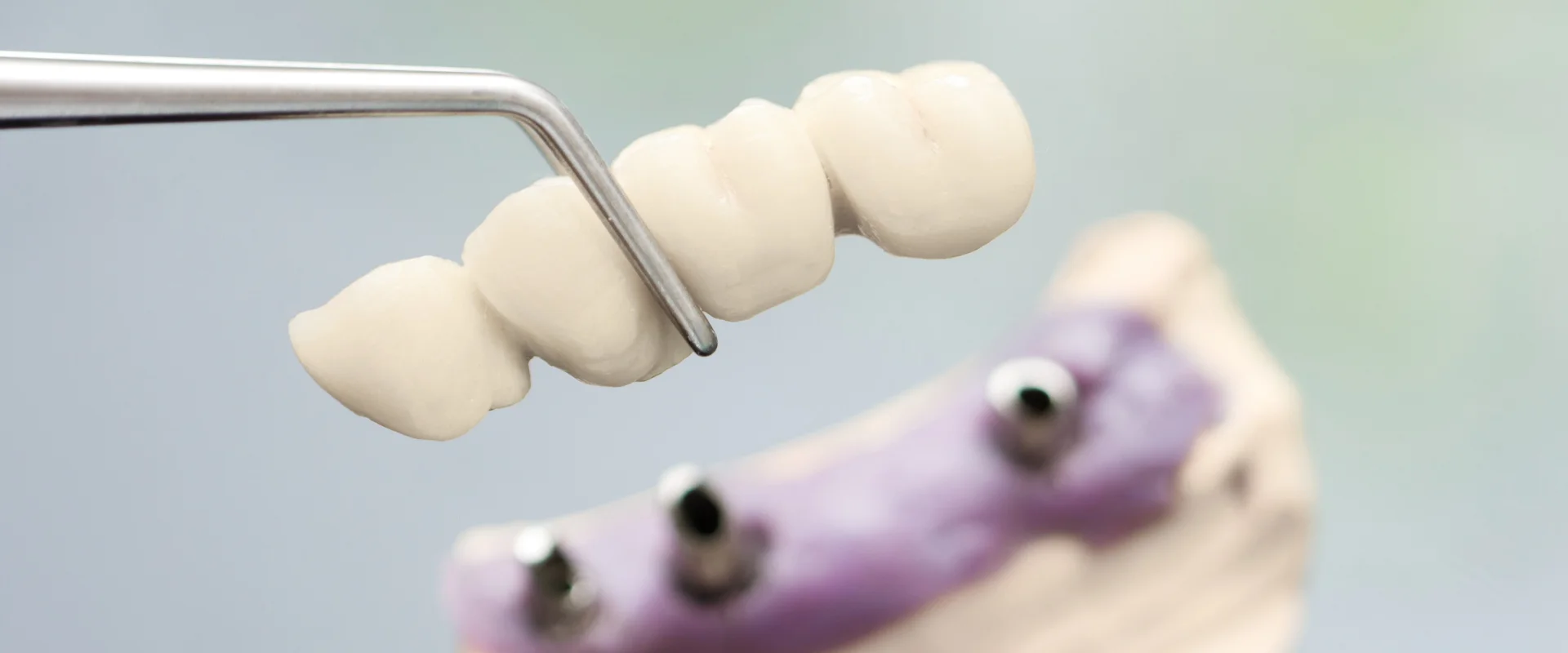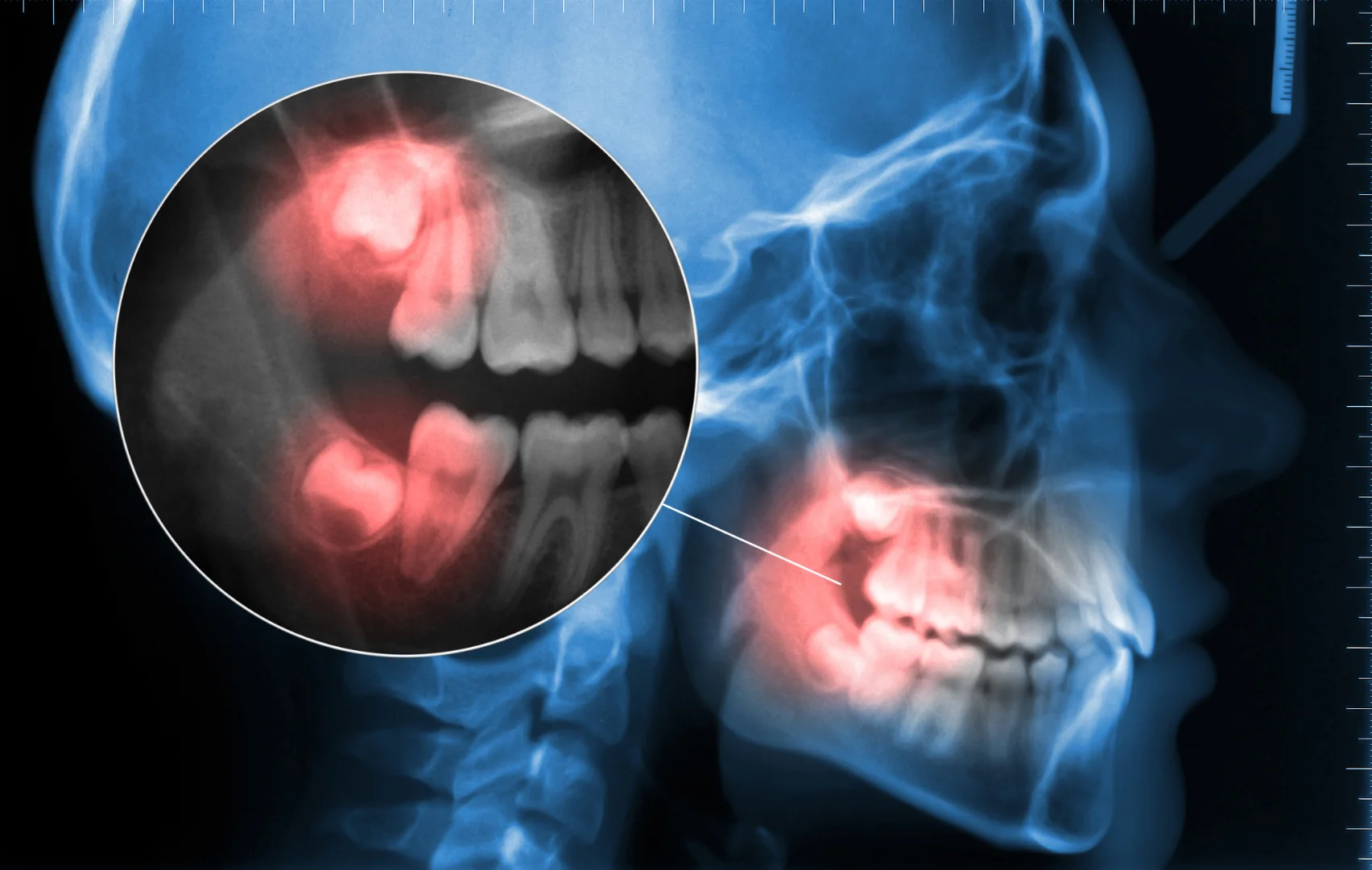Losing a tooth can be an unpleasant experience for anyone. While you’ll always have the option of not replacing a lost tooth, doing nothing can result in further dental problems, including bone loss and additional erosion. Tooth loss can be caused by various factors such as decay, injury, or gum disease, and is often covered by dental insurance plans.
The good news is there are now several options for replacement. Below are a few of the best options for replacing a missing tooth, each aimed at restoring the function and appearance of your natural teeth. Some options, like complete dentures or full arch implants, are designed to replace all missing teeth in an arch for a comprehensive solution.
Replacing missing teeth is essential for maintaining both your dental health and your overall well-being. Even the loss of a single tooth can impact your ability to chew, speak clearly, and enjoy the taste of food. Missing teeth can also affect your smile and self-confidence, and if left untreated, may lead to further oral health issues such as bone loss, shifting of nearby teeth, and increased risk of gum disease or tooth decay.
Fortunately, there are several effective tooth replacement options available today. Whether you are missing a single tooth or multiple teeth, modern dentistry offers solutions such as dental implants, removable partial dentures, fixed bridges, and implant-supported dentures. Each tooth replacement option is designed to restore the function and appearance of your natural teeth, helping you regain a healthy, beautiful smile.
Removable Partial Denture
A removable partial denture is used during the day and can replace one – or more – missing teeth with false teeth designed to fill the gaps left by missing natural teeth. In some cases, a partial denture uses metal clasps that help it remain in the mouth. These clasps might be visible when talking. Another possible limitation of removable partial dentures is that they can move around when eating or talking, which might cause discomfort. However, wearing a removable partial denture does not require alterations on surrounding teeth and is generally the most cost-efficient replacement option. Metal-based partial dentures can also be modified to add additional teeth if more are lost in the future.
Temporary Denture
A temporary denture is a quick fix for a lost tooth. Dentists commonly use these when an implant or bridge will replace the tooth later, but the patient is waiting for the area to heal completely. Temporary dentures are like removable partial dentures, but they tend to be less durable and lower cost.
Bridge
A bridge is a replacement solution, often referred to as a traditional bridge, that remains firmly situated in the mouth and is a viable option if you have teeth situated on one or both sides of a gap. The installation process includes filing down the teeth on the sides to fuse them together. A bridge can effectively replace one or two teeth, and sometimes more depending on the support.
A tooth-supported bridge can also be used as an alternative to two implants, relying on existing teeth for support rather than implant placement.
The bridge procedure is completed over multiple dental visits.
However, this method comes with the potential disadvantage of cutting down healthy teeth. In addition, sometimes bridges situated in the lower jaw don’t last long because the jaw’s movements can cause the inflexible bridge to crack and leak, which can pave the way for rotting and bacteria infiltration.
The strength of a patient’s bite can also impact the durability of a bridge.
It is important to keep the area around the bridge clean, especially underneath the bridge units and around the gums, to prevent gum issues and food buildup.
Dental Implants
A dental implant is an excellent option for replacing a missing tooth. A dental implant procedure is often performed by an oral surgeon, especially in complex cases. Implants feel and behave like real teeth when eating, talking, and smiling. Implants replace the root of a lost tooth and helps heal the bone in the aftermath of placement. The implant process can take several months to complete, depending on the patient’s situation. A significant benefit of an implant is that it doesn’t require altering any other teeth. An implant is a good option for one missing tooth, and additional implants can restore multiple lost teeth. In some cases, implant procedures can be completed in one visit, while others require multiple appointments. Best of all, there is no way to notice the disparities between an implant or real tooth when speaking or smiling.
To learn more or for additional questions, contact Solace implant center & Oral Surgery at 615-320-1392.
Some denture repairs or adjustments can be done on the same day to minimize inconvenience!



